Finding Motivation While Personal Training in Chicago
When people meet with a Chicago personal trainer, they have made the important first step: A commitment to a path of personal fitness and optimal health. While this step is necessary, it isn't the toughest part of a personal training experience. The biggest challenge is staying motivated. Your personal trainer will certainly do his or her best to motivate you while you're in the personal training studio. The rest is up to you.
As a personal trainer in Chicago, I excel at motivating myself but I must admit that it can be a struggle just as much for me. Maybe it isn’t my fault. It isn’t the right time. I don’t have enough money. I’ll do it tomorrow. These are examples of “excu-sease”-or the disease of excuses. I don’t suffer from this disease because I prefer to call my excuses “reasons”-making my excuses “legitimate excuses”. This is a true confession of a personal trainer that doesn’t feel a dire love for personal fitness 24 hours a day or an insatiable need to eat the driest vegetables.
Although I have these faults as a personal trainer (I’m human!), I motivate myself to exercise six days a week, eat vegetables -at least 8 servings per day, and value the least chemically processed foods.
Why do I complete these tasks but am resilient to others? Why do I preach healthy living, but am unwilling to floss each night? Ironically, the simplest tasks in life take years before they are habit. These are my steps:
Step One: People remind me of my responsibility for action. These people include, but are not limited to, my girlfriend, my doctor, my father, my accountant and others who share their unsolicited opinions.
Step Two: I find justification to continue not doing what I need to do (insert excuse here______________). Usually, the excuses begin with the following exaggerated statements: “I am too .....” or “I am very ...”.
Step Three: I complete the task, but in short spurts. This step is an example of the “not completely giving in” or “I’ll try just a little and see what happens” syndromes.
Step Four: I a.) realize the importance of this action and institute it as part of my foundation of daily living or b.) return to Step One.
Realizing your steps, or approach, is the first and easiest part. Putting your goal into action is another. I’ve witnessed many clients who know what they need to do but can’t push themselves to do it. I can personally relate to this.
My dentist, Dr. Gamalinda, explains the need to floss on each checkup. In fact, his suggestions are pleads. In the first 3 visits, Dr. Gamalinda asks me to floss once or twice a week (a modest request). Although I understand the health benefits of flossing, I am still unmotivated to floss.
When I finally buy floss, I talk myself out of it each night. I think “I’ll just do it later”-which isn’t realistic since I jump in bed after brushing my teeth-or “I don’t have enough time”- even though flossing takes approximately 2 out of the 1440 minutes in a day. I am a health professional and can’t complete this healthy task for my body.
Day after day, I talk myself out of flossing but eventually I stop and ask “Am I doing everything to be my best self?” I realize the shortcuts I create living my life-eating on the run, avoiding important work projects with busy work, etc. I also realize how often I sacrifice my physical and mental self while trying to create the perfect career, workout, and relationship. Within time, I see how my self-talk affects my behavior too (especially dining out-justifying the experience as special and extending my dietary boundaries). Why would I sabotage myself? Is it a life script? Out of habit?
Sometimes we wish we would just do what we need to do. It isn’t until we experience an “aha” moment-a moment of clarity. If we knew what it takes to automatically find this moment of clarity, would we achieve greater things every day? I think so. Finding this mental clarity is different for everyone and requires observation and reflection. We must observe our behaviors (and intentions) and their effects. Discover our innate and fostered tendencies. Find out why we’re impulsive in many situations or why we turn right when we tell ourselves to turn left.
Our mind is our friend and also our greatest enemy. Over time our experiences create a hard -wired script for action (or in my case of flossing, avoidance). We depend on this script when multitasking-especially when we drive, think about work, and eating a sandwich….at the same time. We rely on our bodies to continue motion without thinking about it.
Unfortunately, this reliance on our mental script can reinforce bad habits and make them very difficult to break. Despite your willingness to quit smoking or eat less, your mind continues to fall back on what it knows best based on past decisions. When you’re stressed, you nibble on candy bars. When confronted with a decision in a relationship, you take a step back.
We need to examine the root of our behavior and the underlying influences. Do we believe we can improve ourselves? Do we have the confidence to take control over our bodies? Is insecurity leading to avoidance? Observing, reflecting, and adapting habitually may be the key to overcoming our hurdles.
With this being said, I no longer think I need to put everything else before my body. I take the time to take care of the little things (including flossing) to better myself. Now, I need to figure out why I never listen to my girlfriend. And you should too!
